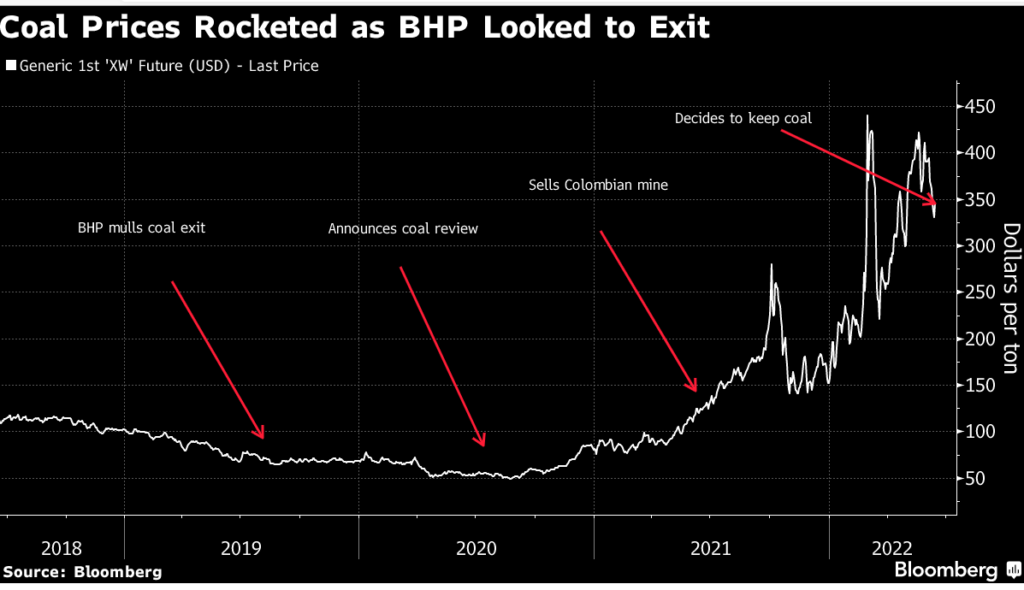Crude prices jump as U.S. imposes sweeping sanctions against Russia oil industry

Oil prices jumped on Friday as the U.S. Treasury Department announced sweeping sanctions against Russia’s oil industry.
Brent gained $2.84, or 3.69%, to close at $79.76 per barrel, while U.S. crude oil advanced $2.65, or 3.58%, to settle at $76.57 per barrel. The benchmarks closed at their highest levels since October.
The sanctions target Russian oil companies Gazprom Neft and Surgutneftegas and their subsidiaries, more than 180 tankers, and more than a dozen Russian energy officials and executives. The sanctioned executives include Gazprom Neft CEO Aleksandr Valeryevich Dyukov.
The sanctioned vessels are mostly oil tankers that are part of Russia’s “shadow fleet” that has dodged existing sanctions on the country’s energy exports, according to the Treasury Department.
“The United States is taking sweeping action against Russia’s key source of revenue for funding its brutal and illegal war against Ukraine,” Treasury Secretary Janet Yellen said in a statement.

“With today’s actions, we are ratcheting up the sanctions risk associated with Russia’s oil trade, including shipping and financial facilitation in support of Russia’s oil exports,” Yellen said.
The perception in the oil market is Indian and Chinese refiners that have imported Russian oil will have to scramble for barrels from the Middle East, said Bob Yawger, executive director of energy futures at Mizuho Securities, in a note to clients Friday.
The Biden administration has sought to ratchet up pressure on Russia and dispense aid to Ukraine before President-elect Donald Trump takes office.
“The Biden administration opted for more robust energy sanctions, which caught the oil market especially complacent about sanctions risks,” said Bob McNally, president of Rapidan Energy Group.
“Therefore, we expect today’s material risk premium in Brent to stick pending signals from the Trump team as to whether they will continue these sanctions,” McNally said.
This post has been syndicated from a third-party source. View the original article here.




